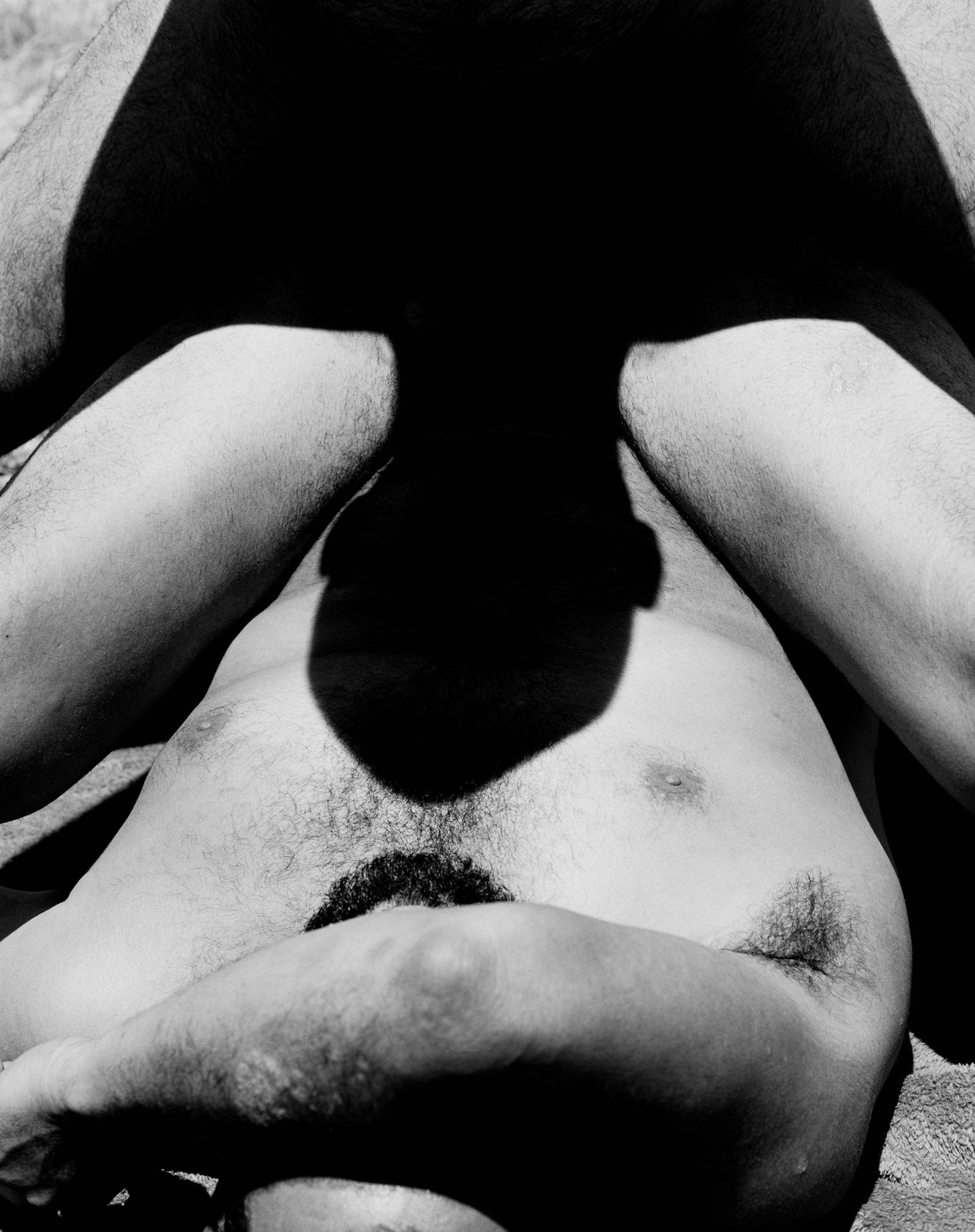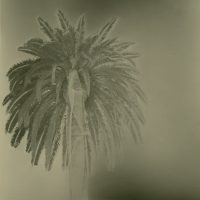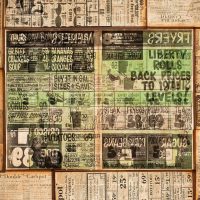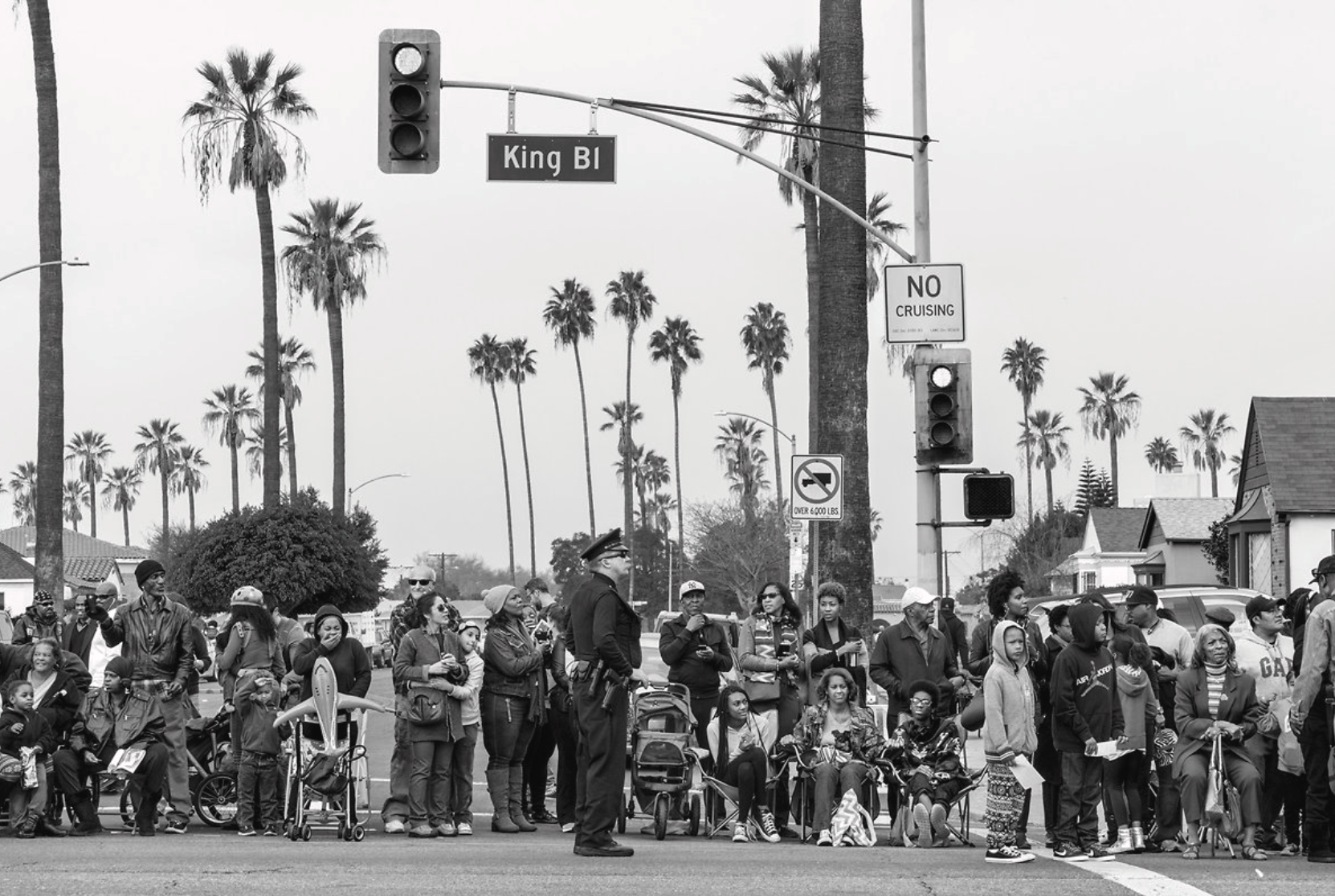Mark McKnight is an American artist.
Episode 100: Welcome to episode 100!!!! It feels fantastic to break through into triple digits with none other than Mark McKnight. Mark’s book Heaven Is a Prison, published by Loose Joints is clearly one of the best books of photography in 2020. Mark had won the prestigious Light Work 2020 Photobook Award and the result is this staggering book. This episode is long form and there many important matters that we touch on. Thank you for tuning in for this one.
What makes Heaven Is a Prison a special book is that it transcends a number of differing genres within the medium and its focus, though deceptively about LGBQT Homotopias, transcends easy categorization. The work is about masculinity, bodies, safety, intimacy and is presented in a slightly peculiar, if not surreal use of the Western American landscape with all of its imbued references to the solitary climes of rugged masculine preoccupations. There are also indebted stylistic choices from modernism and conceptual art that underpin the book, but also his earlier works which we also speak on. As a matter of fact, one must tear the sky to pieces in order to complete the observation of the work.
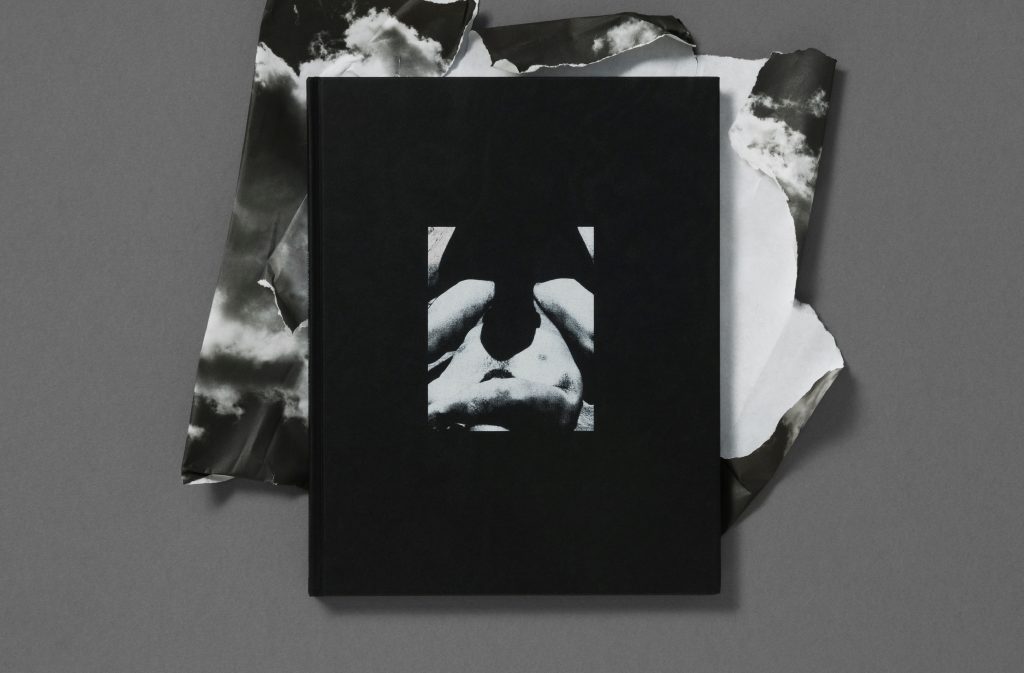
© Mark McKnight 2020 courtesy Loose Joints & Light Work. Heaven Is a Prison
I had made a note of Mark’s book when he won the award and it was Christian Patterson who reminded me to get ahold of a copy expressing a rightful urgency to examine the work in 2020, for which I am overly thankful. The book defies all expectations and occupies an oblique imaginary space that feels like a testament to other simulations, worlds and ways of seeing that are un-manacled from the burden of photography’s assumed predisposition towards white heteronormativity. It is also more than the sum of its parts.
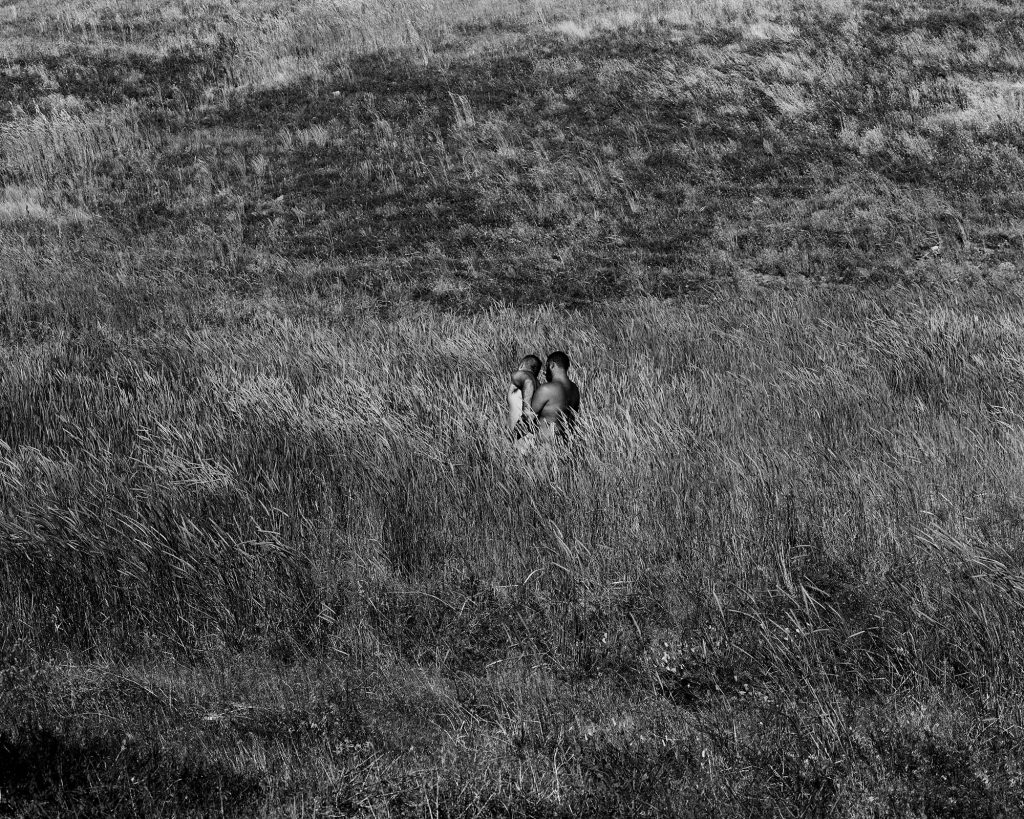
© Mark McKnight 2020 courtesy Loose Joints & Light Work
Though there are clear and pressing images in the work that discuss sexuality and are expressed in direct form, the term pornography, though not a term Mark or I shy away from seems ill-suited to discuss all of the varying factors that underpin the work in the book. There are references to the bodies coupled in the clear and open-expanse of the Californian landscape that defy their usually situated positions in closed bedroom quarters or are sequestered away in clubs. Here in the landscape the bodies copulate freely and defy the order that sex, especially gay sex should remain hidden. This function of Mark’s work distorts the historical order and in doing so become a protestation.
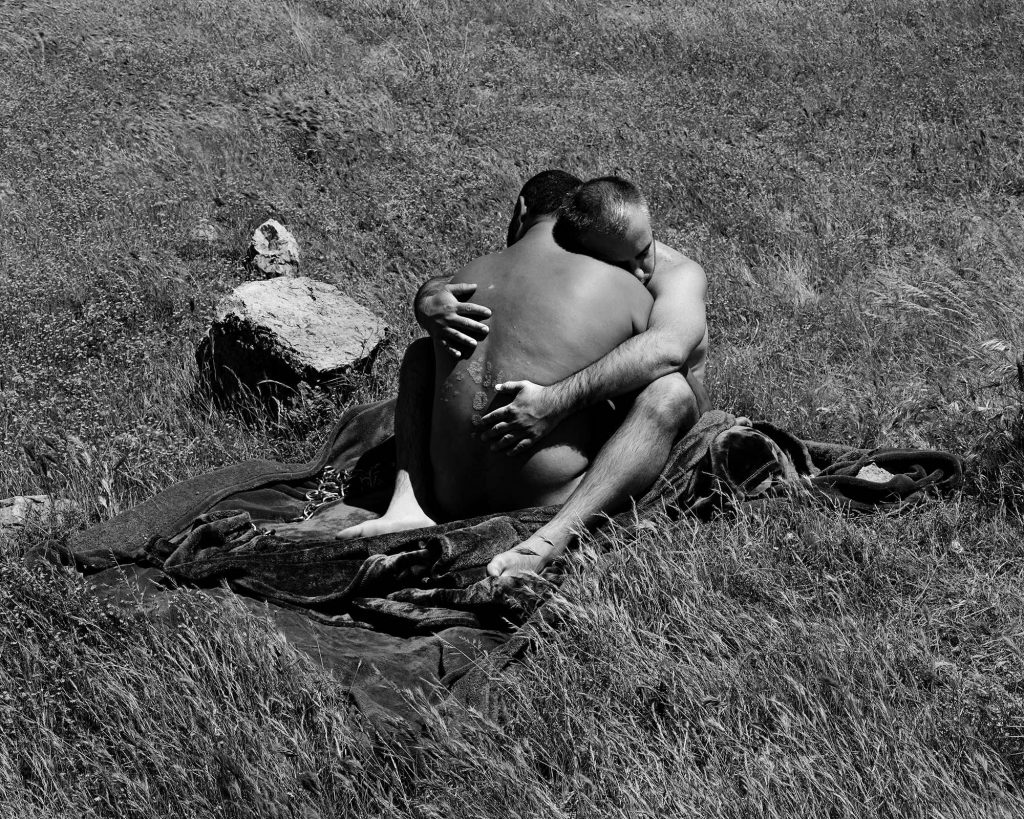
© Mark McKnight 2020 courtesy Loose Joints & Light Work
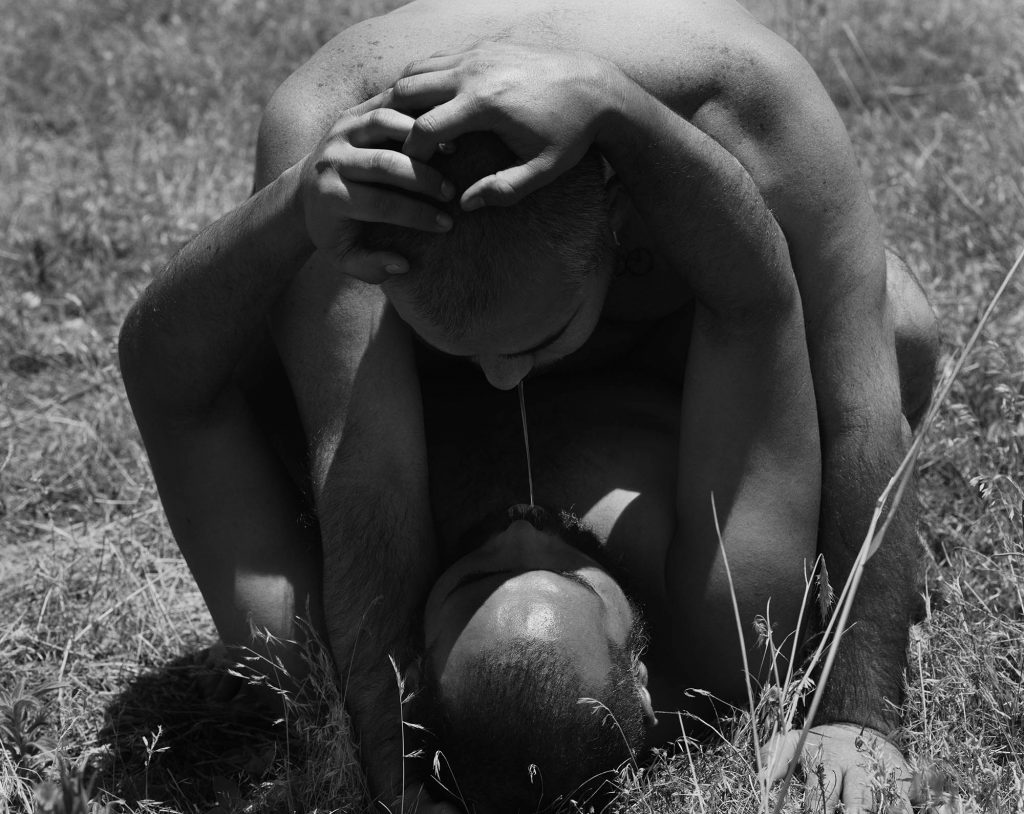
© Mark McKnight 2020 courtesy Loose Joints & Light Work
In considering the work, Mark and I speak about what it is about hims images that also defy the simplicity of a term like voyeurism, but how complicity in viewing can be challenged by an act as simple as asking someone to unwrap/shred/tear the cloud covering of the book itself. We also consider the landscape and its relationship to the tremulous orgasmic effects of sex and how the rifts, valleys and primordial geology of the space Mark photographs acts as a metaphor to sex itself. This part of the episode leads into interesting territory with a dialogue about presence and absence, authorship and participant.
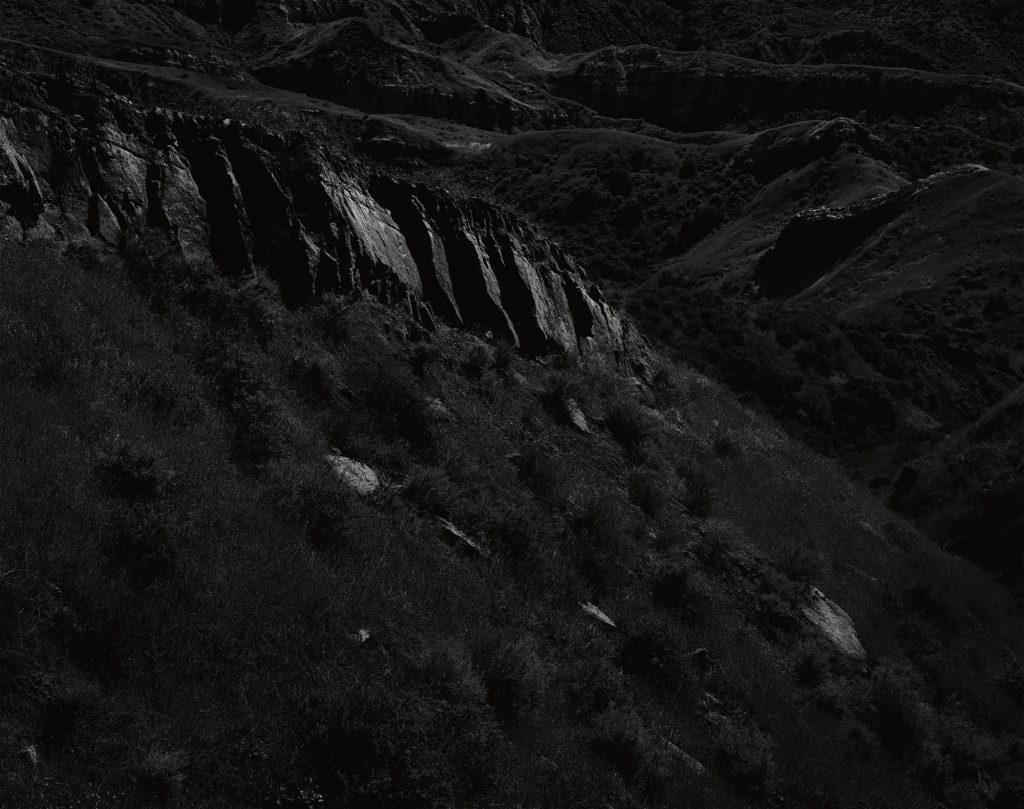
© Mark McKnight 2020 courtesy Loose Joints & Light Work
We speak about many aspects of Mark’s work in the conversation. There is an examination of his earlier works in the beginning of the episode and I wanted to raise that part of the discussion as I wanted to trace the lineage of Mark’s perplexing work and chart to some degree his evolution towards HIAP. His earlier work is also exemplary, but considers a different subject matter, but retains all of the highly considered uses of minimalism, modern grids and a penchant for displaying bodies that would later manifest in Heaven Is a Prison. Bodies of work such as Accumulations, Windows and Removals exemplify his conceptual work and I am often reminded of Lewis Baltz’s Prototypes.
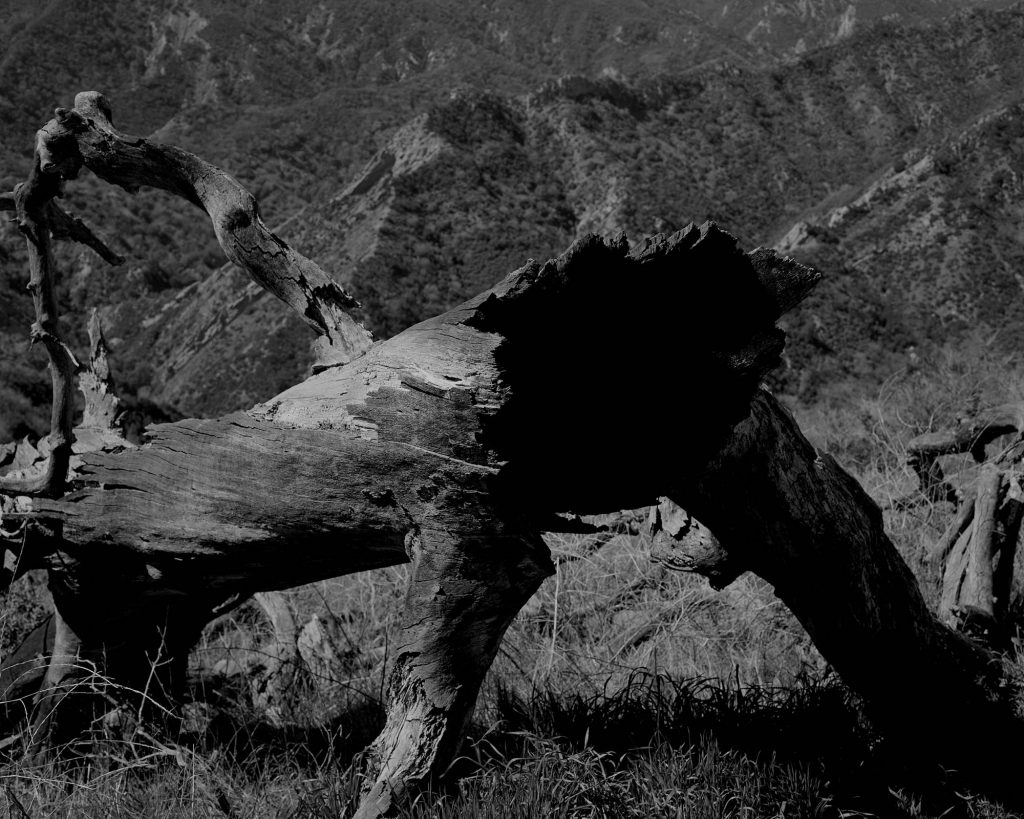
© Mark McKnight 2020 courtesy Loose Joints & Light Work
Mark is represented by Klaus von Nichtssagend in New York and Paul Soto/Park View in Los Angeles. Heaven Is a Prison is an exceptional book. What appears on the surface to be a simple comment about identity is much wider than one would at first expect and with this, Mark is breaking into new territory in which sex, though emphasized is not the first or primary function of the work which pivots his audience towards the universal.
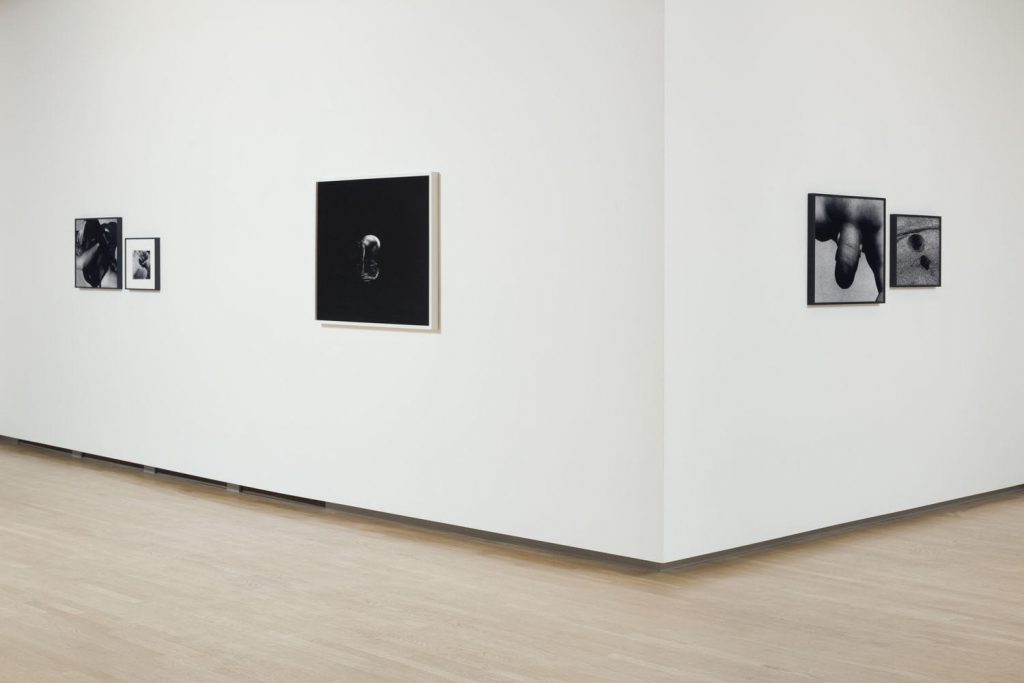
Mark McKnight
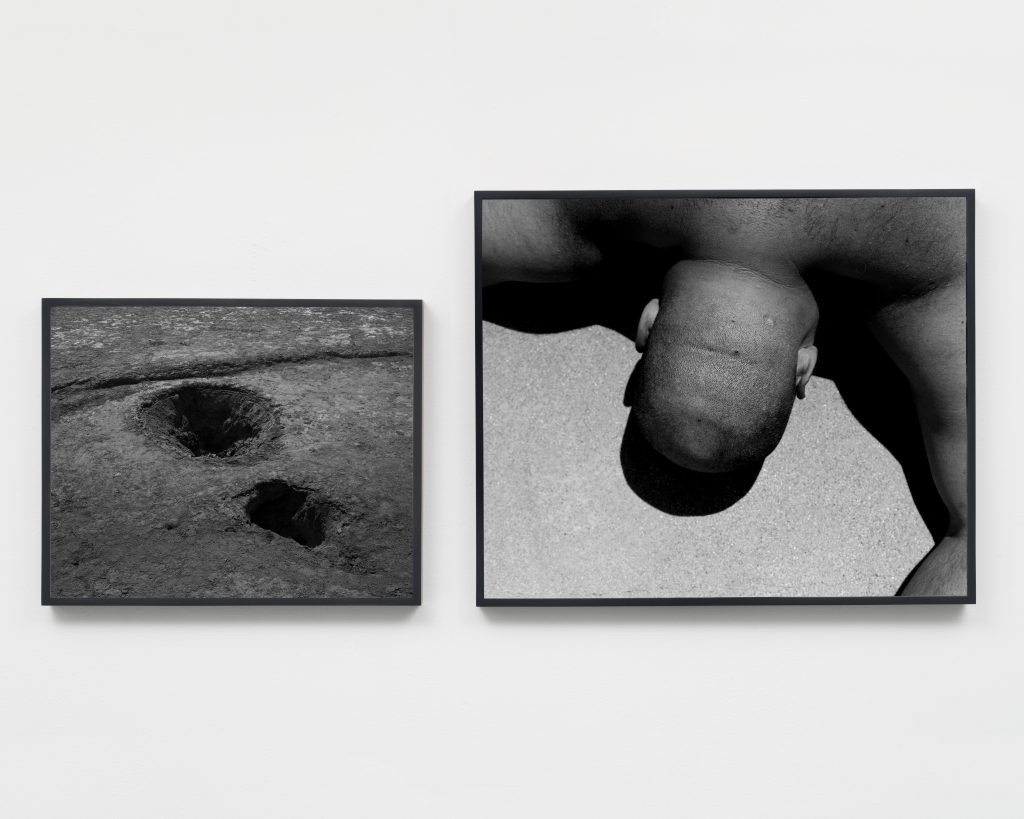
Mark McKnight
